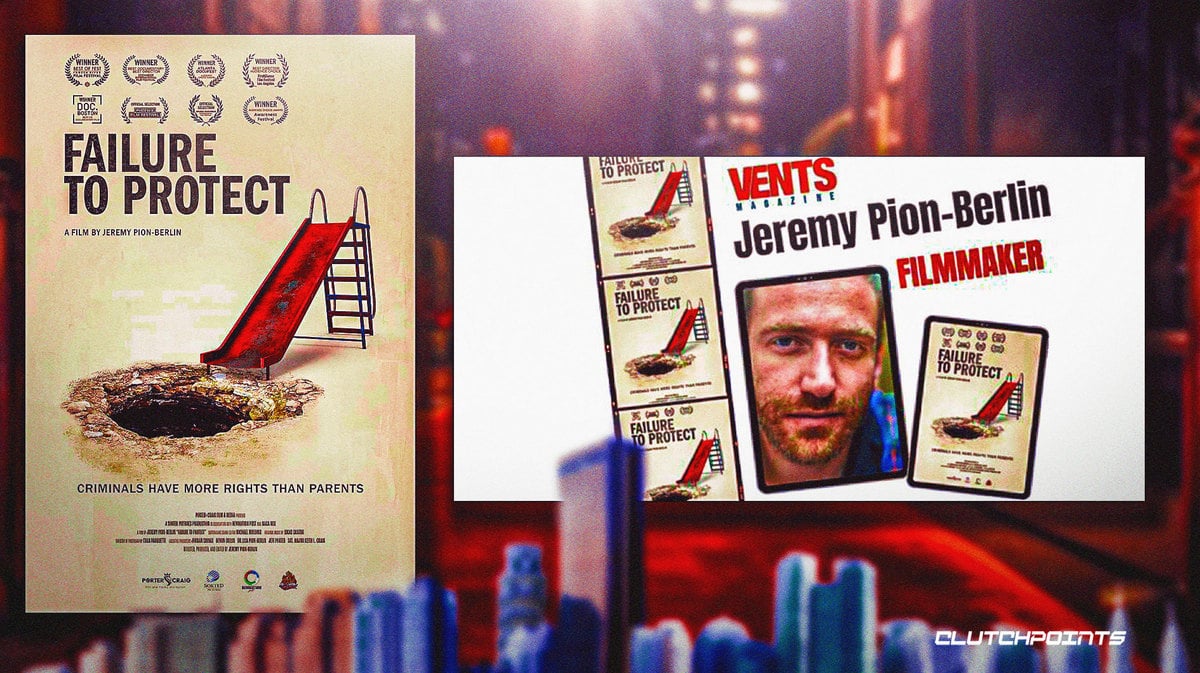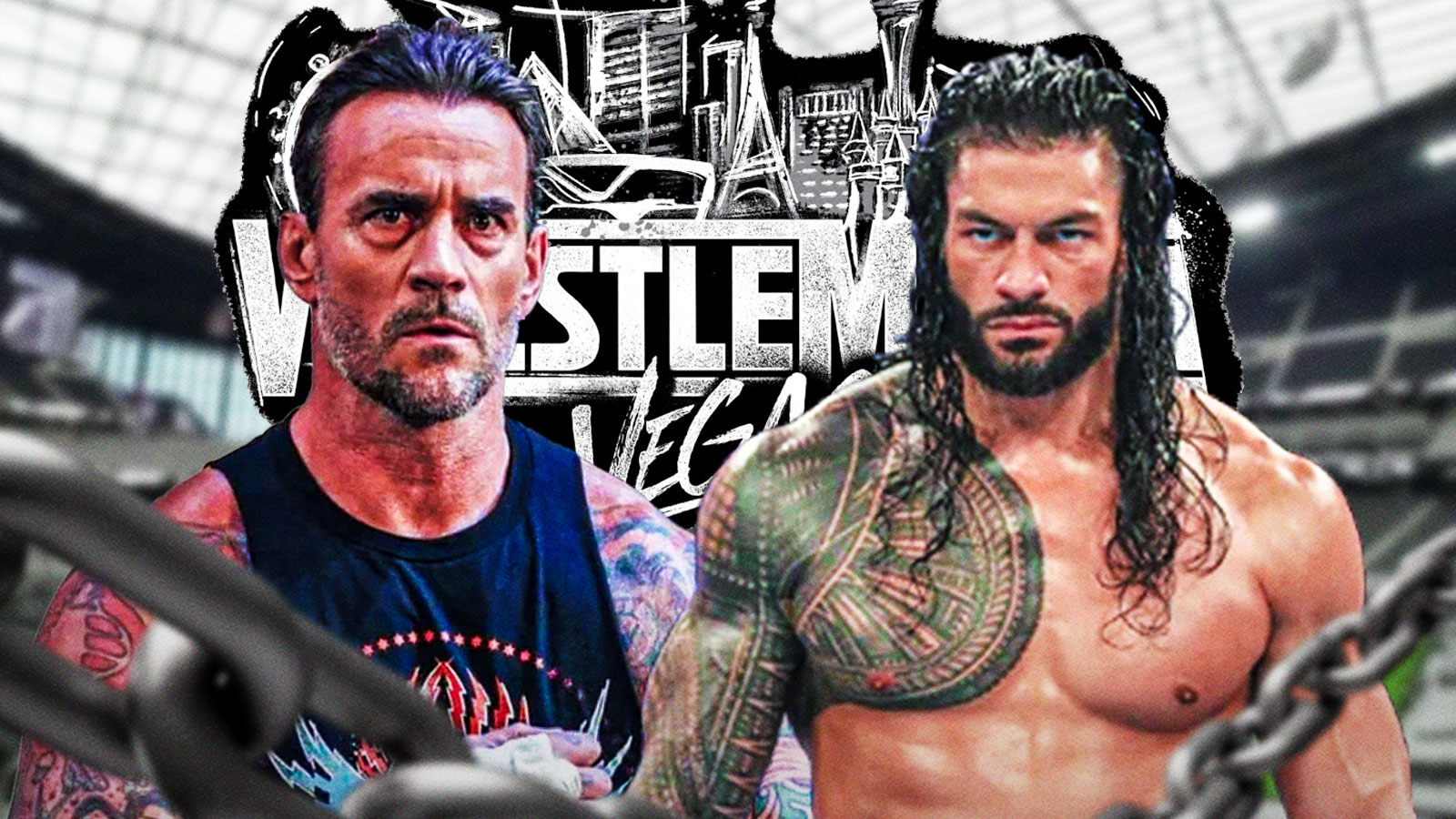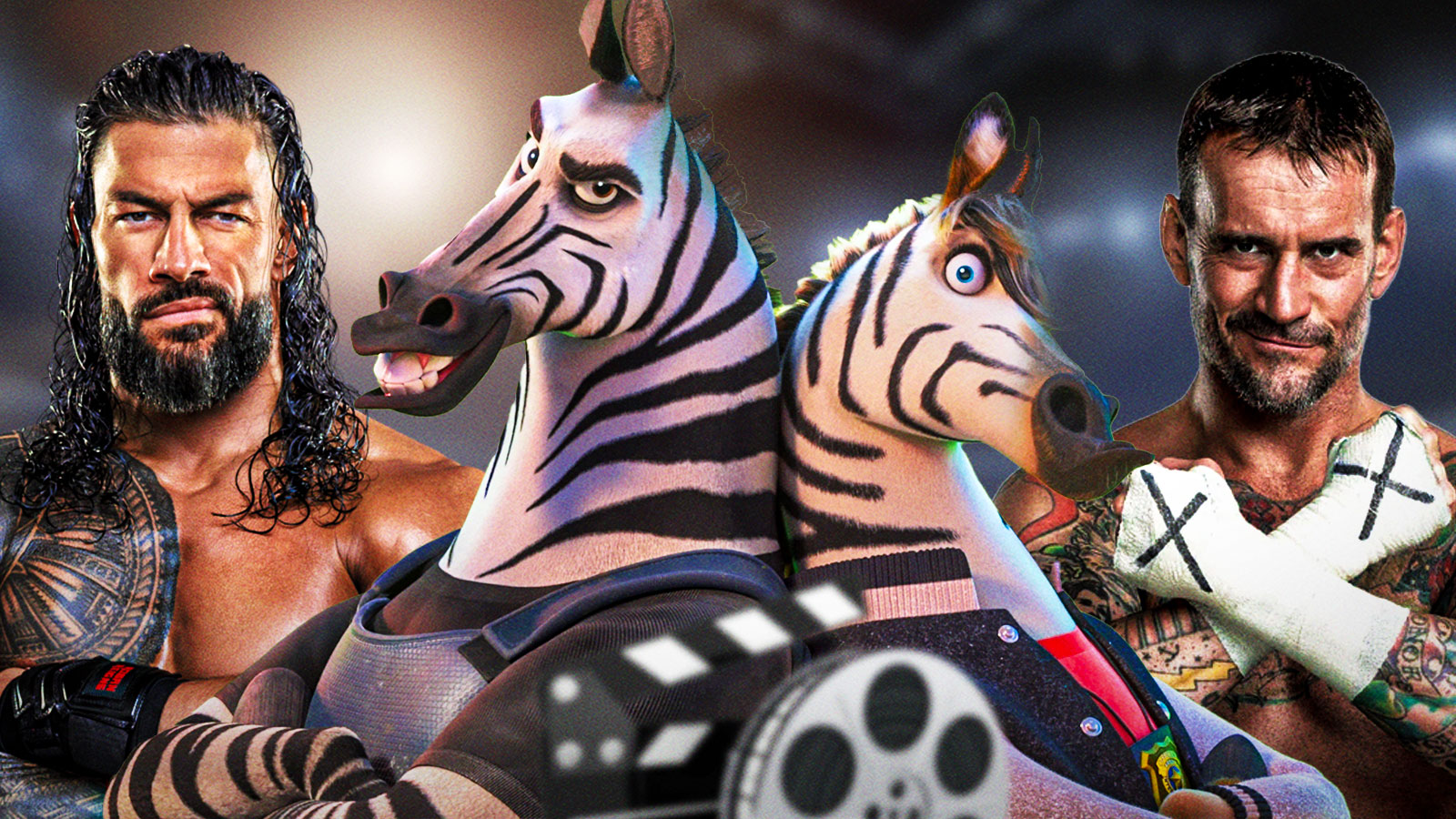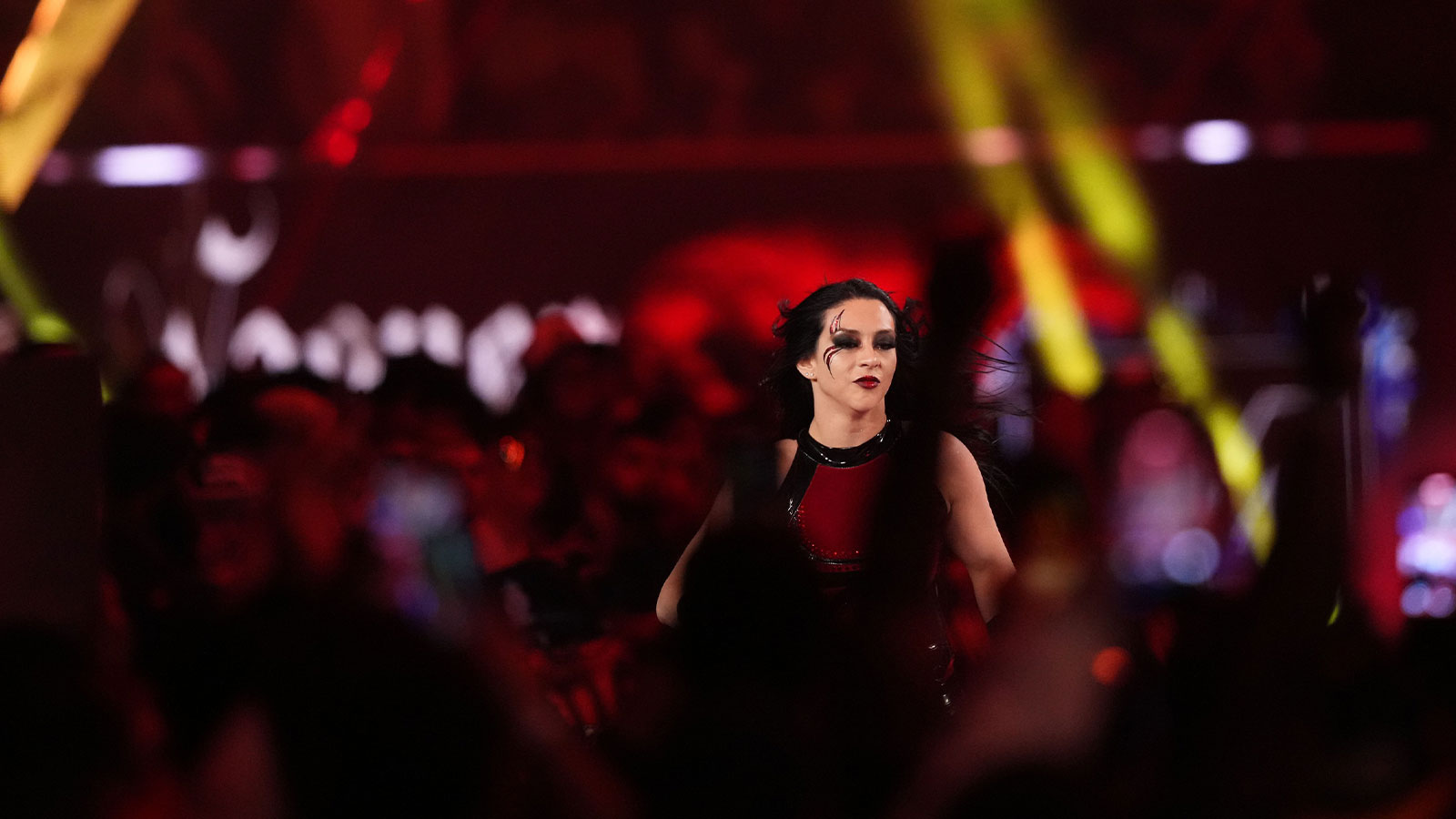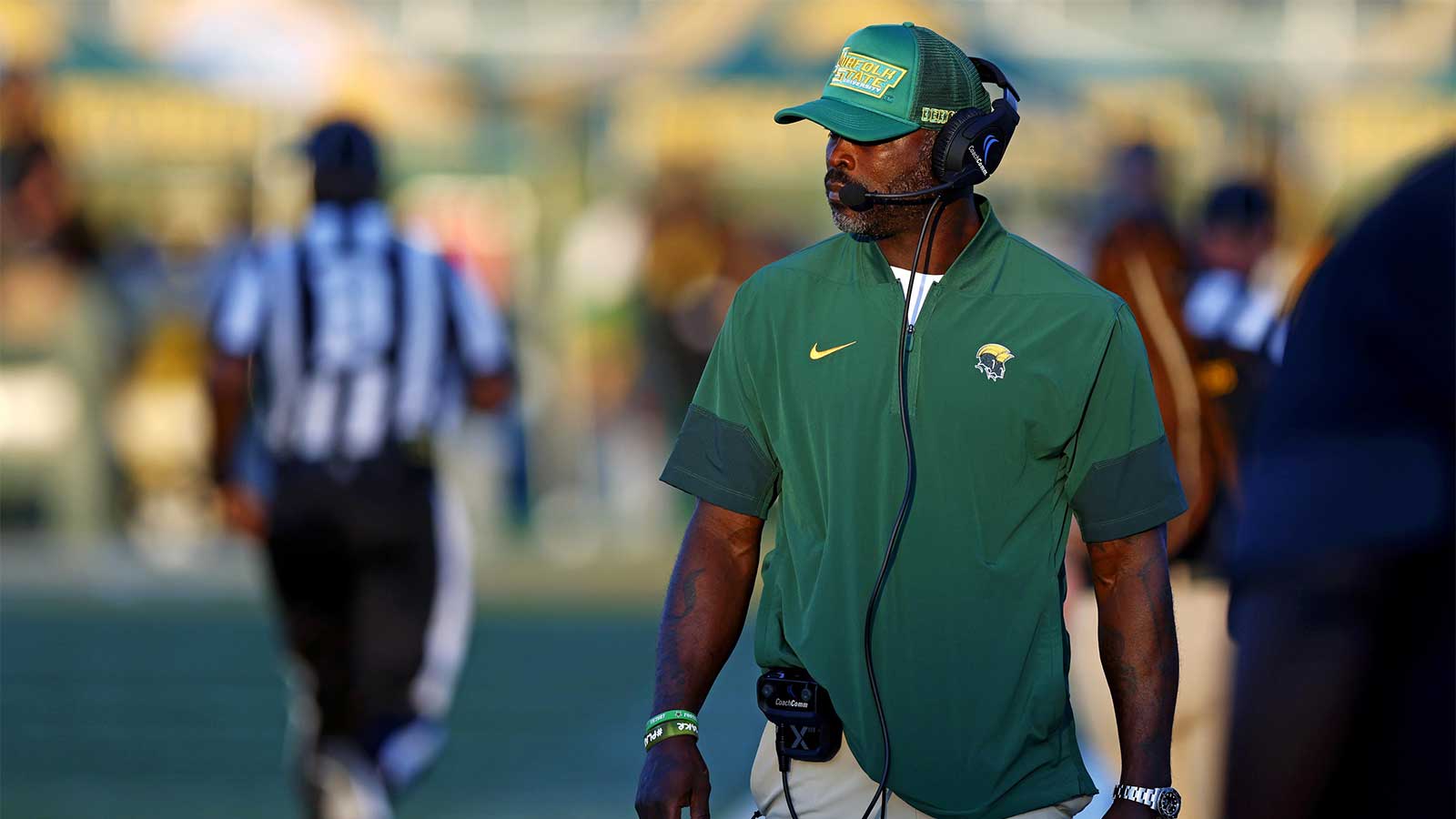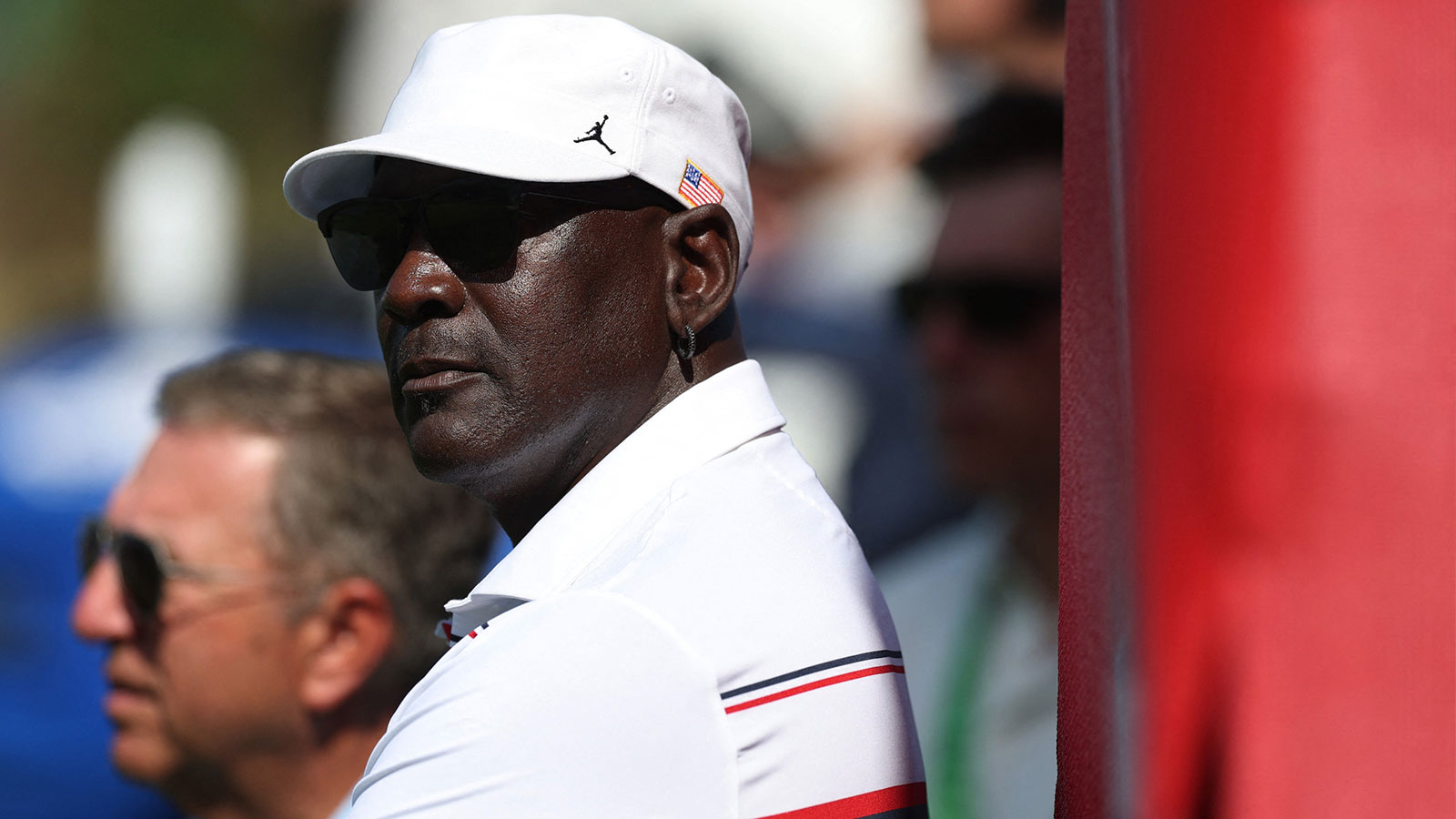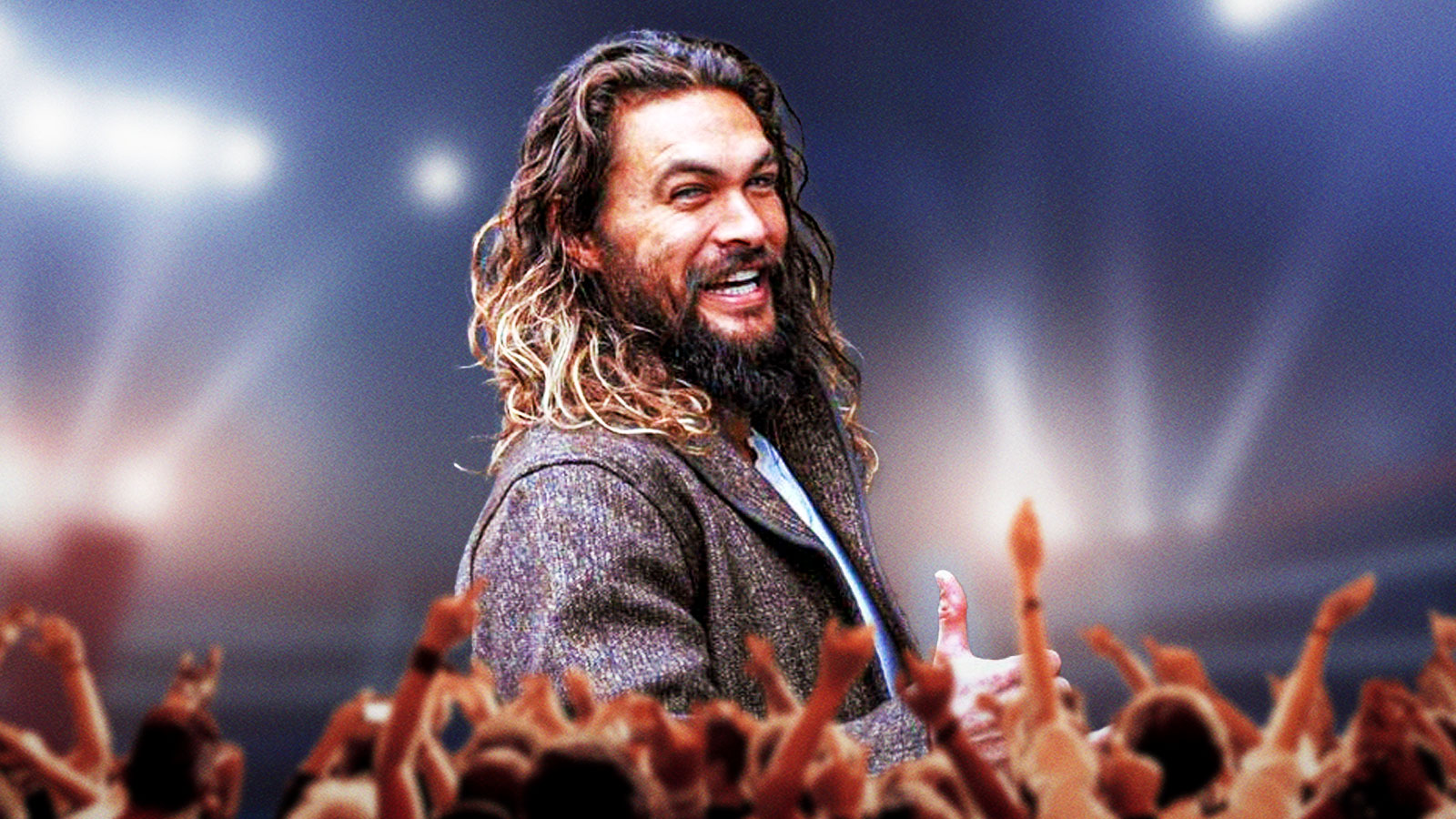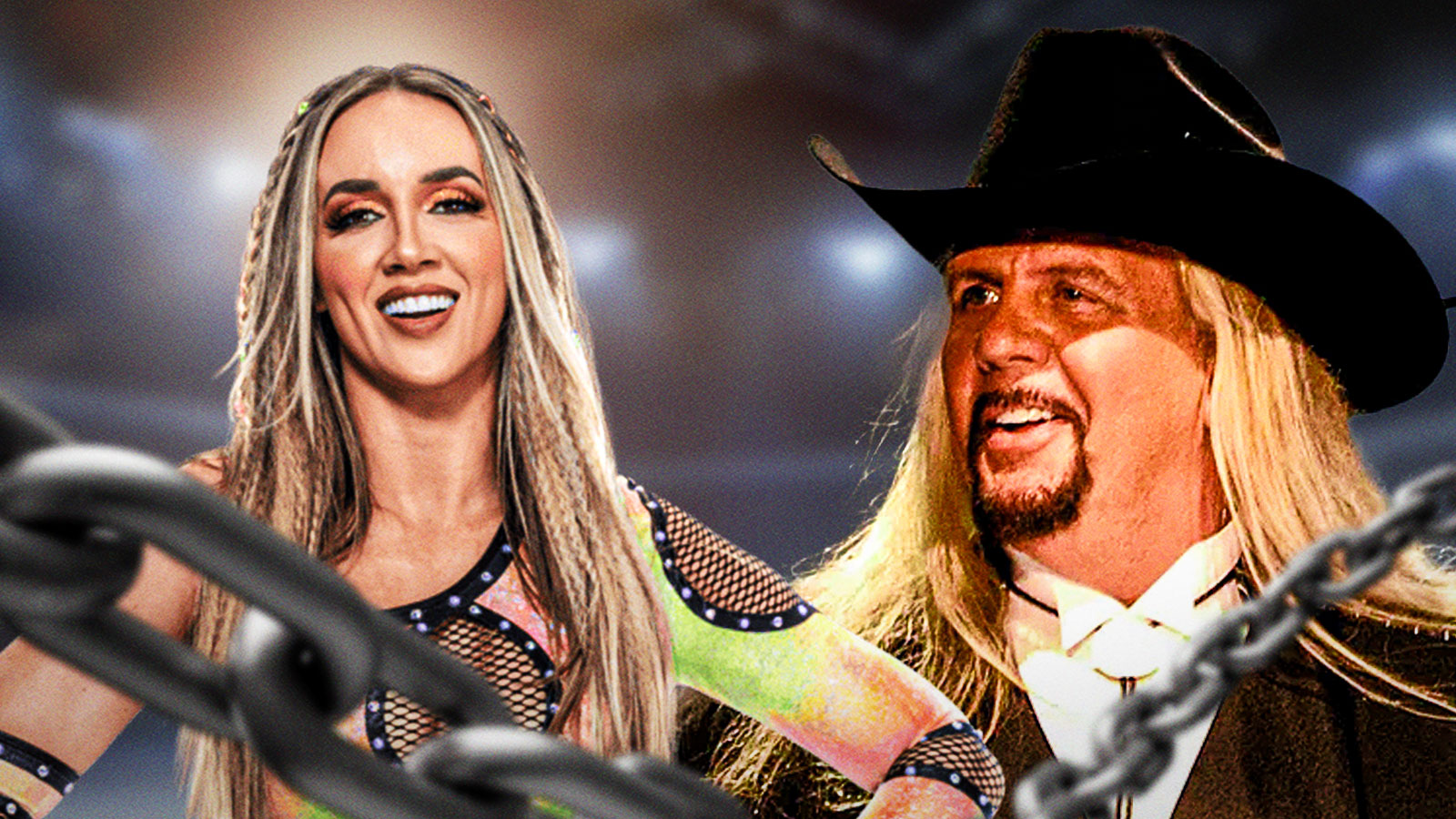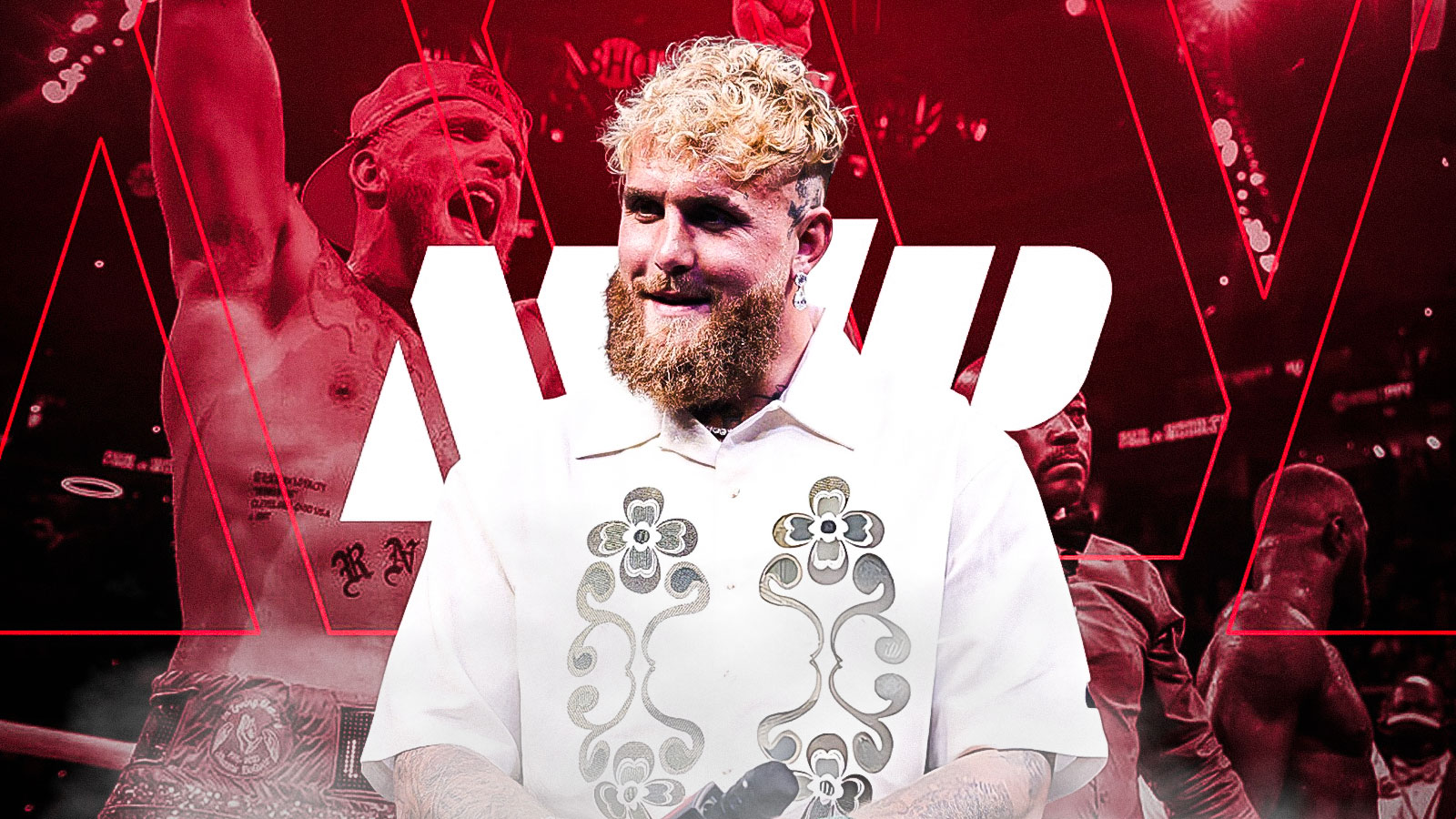Filmmaker Jeremy Pion-Berlin has been around the child welfare system his whole life. His mother runs one of the oldest child abuse prevention organizations in the country, a non-profit called Parents Anonymous, which helps parents who are wrapped up in the child welfare system learn to navigate it.
“If you haven't had any contact with the child welfare system, you don't know what's coming and you have no idea how to handle it,” warns Pion-Berlin, explaining what led him to tackle the difficult subject matter for his latest documentary, Failure to Protect.
It was after doing a video for Parents Anonymous, interviewing parents to find out how they lost custody of their kids, that Pion-Berlin decided to investigate further. “Parent after parent, story after story, I kept hearing the same things,” he stressed. “The same injustices, the same abuses by the social workers, and the same type of people…”
Sadly, like so many injustices today, this is an issue disproportionately affecting minorities and/or families living in poverty.
“These were mainly Black and brown families on the lower income of the scale,” explains Pion-Berlin. “And so I walked out that day really inspired and wanting to tell these stories of these parents — you lost your kids, they're in foster care, you feel like you've been wrongly accused, and you have to prove to the system that you are not the monster that they've made you out to be.”
Pion-Berlin spent the next three years on a heart-wrenching journey, interviewing parents and finding families to focus on, while connecting with professionals in the field. The result of his efforts focus on three California broods in particular — whose stories are all painfully unique and yet maddeningly similar in their injustices.
The driving force of the film is a desire by Pion-Berlin to showcase the difficulties of navigating the child welfare system from a new perspective. “For me, why it was important for me to make this film, is that I was only hearing one story in the news media, if you ever heard one about child welfare.”
“And it's the same story,” Pion-Berlin elaborated. “Horrible abuse and neglect, and the social worker should have stepped in sooner and should have taken these kids away from these bad parents.”
Pion-Berlin points out that, “While those cases do exist, they're the minority of cases.” Rather, Pion-Berlin insists, most of the cases he's come across involve far less clear-cut cases of alleged abuse or neglect, in which the parents' side of the story was given short shrift by a judge or social worker, and kids were removed from their homes in the blink of an eye.
“These families, what they need is help, they need services, they need support…” Pion-Berlin argues. “The system should be there to provide help for these families, not rip them apart.”
Part of what's ripping them apart is the subjective opinion quickly formed by social workers assigned to the case, and the heavy weight their judgment carries. Social work, long viewed as a noble or selfless profession, is still susceptible to unconscious biases and prejudices, like any other field.
“Most social workers are young, generally white women fresh out of college… with very little life experience,” Pion-Berlin laments.
“They come into a home with a family of a different race, different living situation from what they grew up in, natural prejudices arise unfortunately,” he continues. “We have unconscious biases, we all do, and sometimes they play out in the wrong ways.”
The title, Failure to Protect, refers to the statute which allows the state to take away a child and put them in foster care if a parent fails to protect their child from abuse and neglect. “But what that does,” explains Pion-Berlin, “is it allows a very broad stroke for social workers to use… It gives them a big realm where they can pull kids away much easier.”
He hopes viewers gain a greater sense of empathy and information after watching Failure to Protect, and recognize the difference between how things are supposed to work, and how they're actually working. “That's a big issue,” insists Pion-Berlin, “here's what we want to happen, but then there's what's actually happening, and the gap between those is very big. Unfortunately the parents are the ones that really get caught in the crossfires of that gap.”
Like so many of today's widespread societal ills, the problems in this crisis are easier to lay out than the solutions — but Pion-Berlin did have some thoughts on ways to help alleviate the injustice and suffering.
For one, making juvenile dependency courts — where the final verdict in these custody cases are handled — an open forum, rather than a closed-door secretive affair, would certainly help. “The juvenile courts are not open like the criminal and civil courts— you don't have some light on the system, there's no checks and balances,” says Pion-Berlin.
Secondly, child welfare cases are among the only instances in which hearsay is permissible as legal evidence, although it's only allowed from the social workers' perspective (not the parents), which makes the proceedings far too subjective and one-sided.
Finally, the burden of proof to remove a child from the home is the lowest possible standard of proof. “When you use low standards, you get low results,” points out Pion-Berlin.
Jeremy Pion-Berlin's Failure to Protect is a powerful documentary that captures a heart-breaking subject with the empathy it deserves, and asks the same from its subjects and audience.
Failure to Protect is available to rent and purchase on Prime Video starting October 17. You can learn more about the film on its Instagram page @failure_to_protect.

